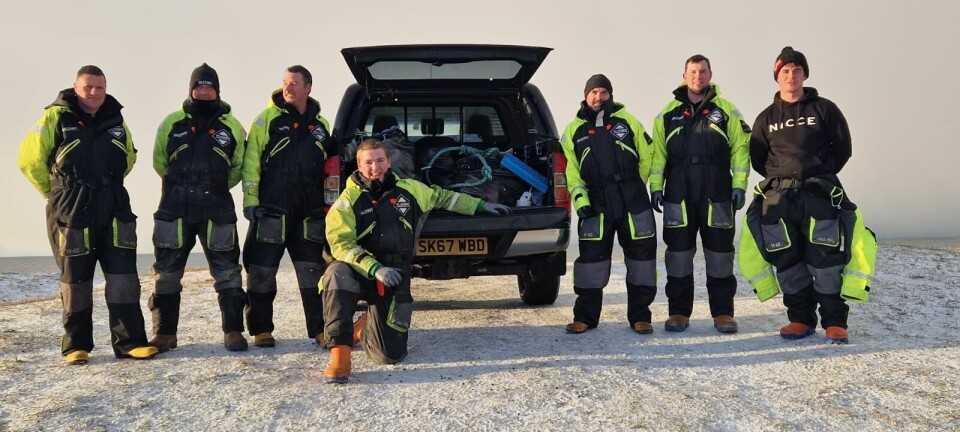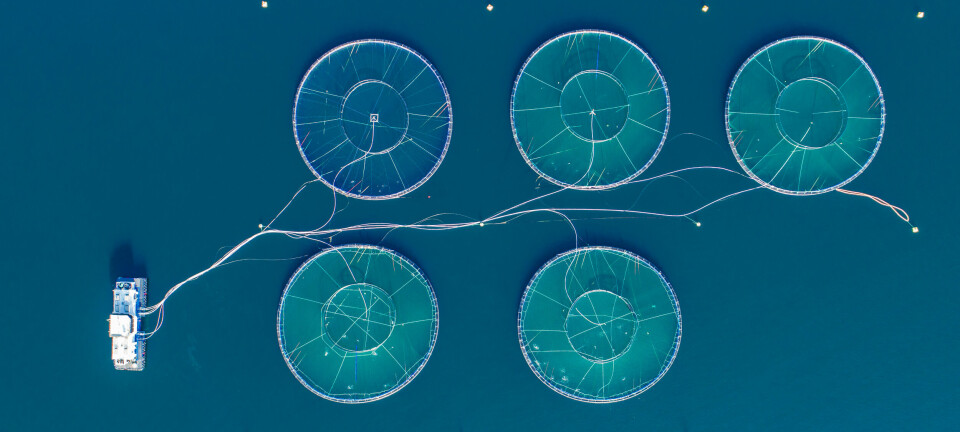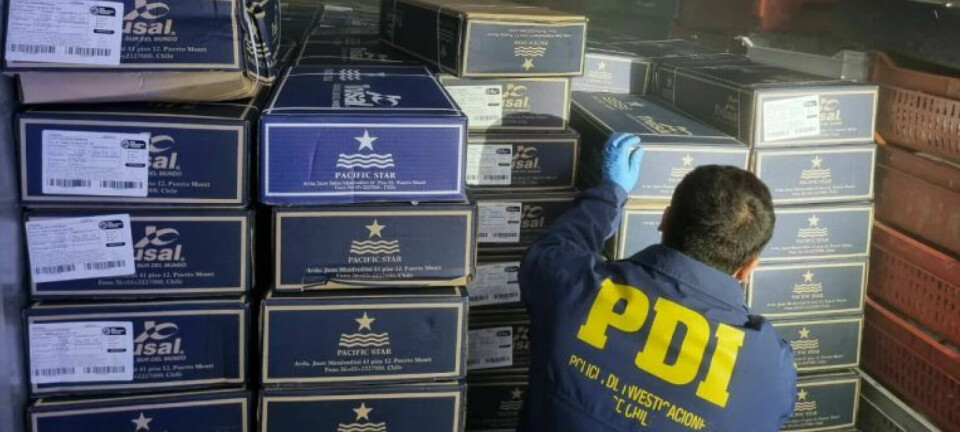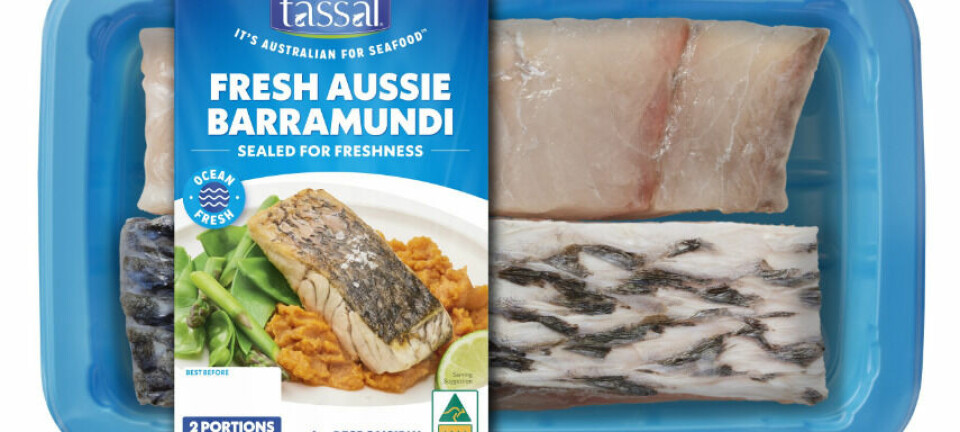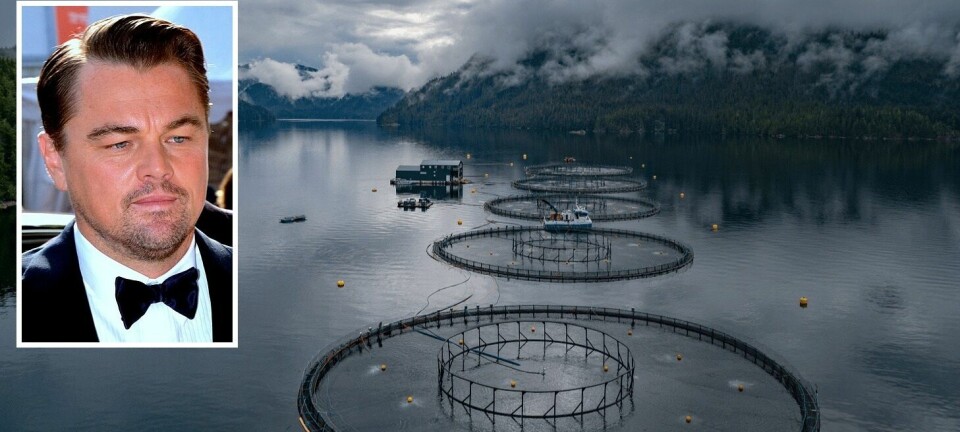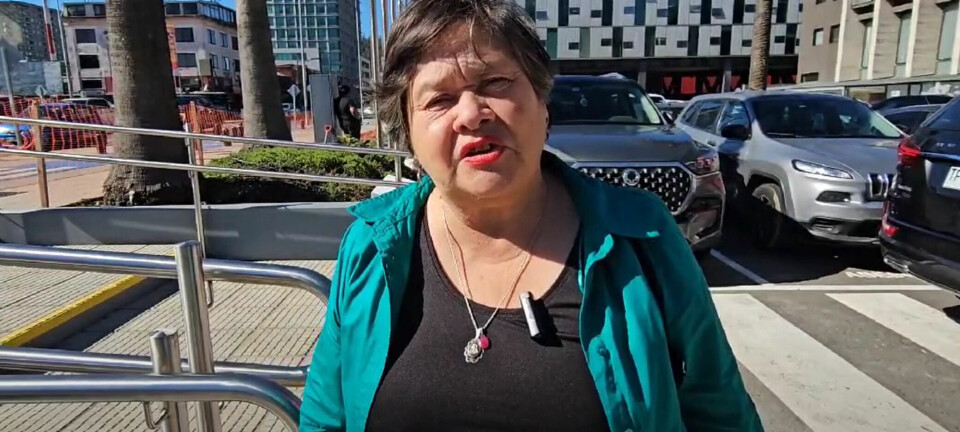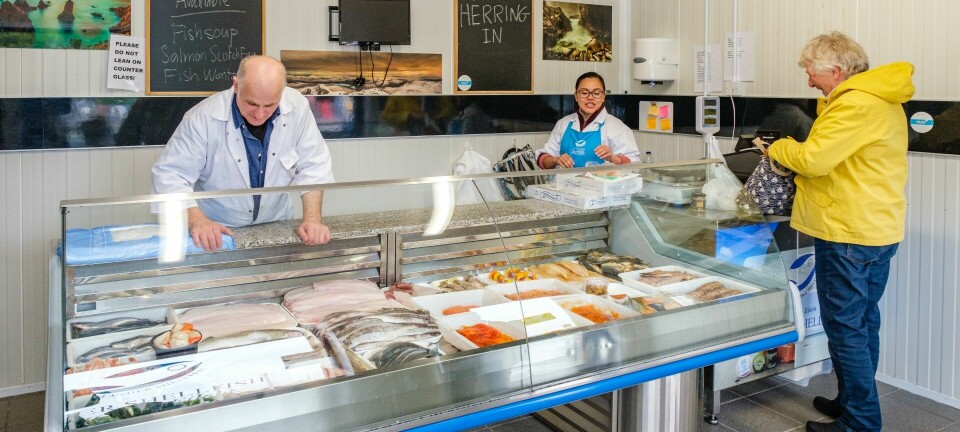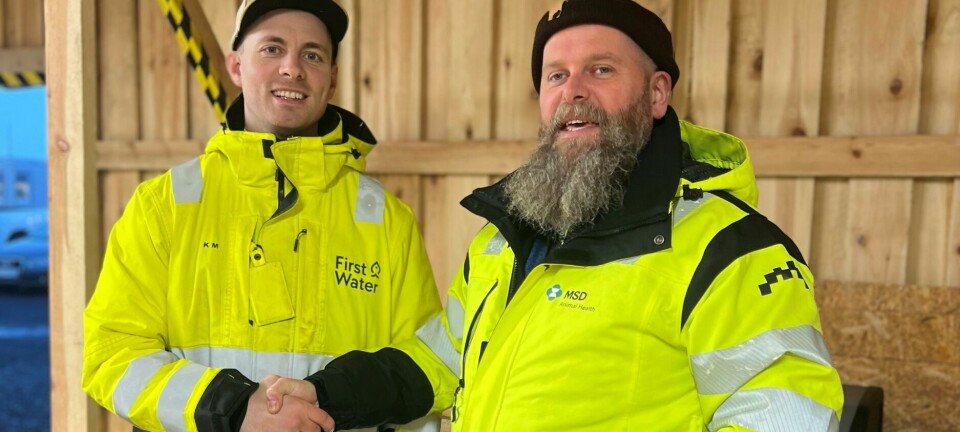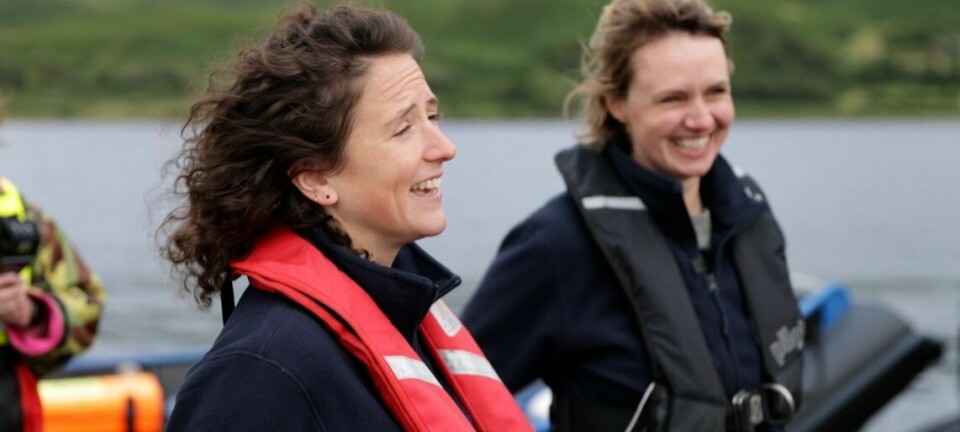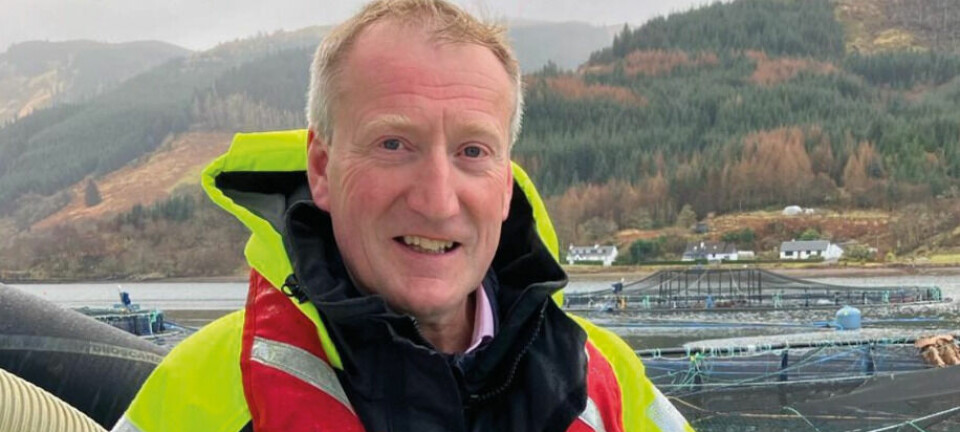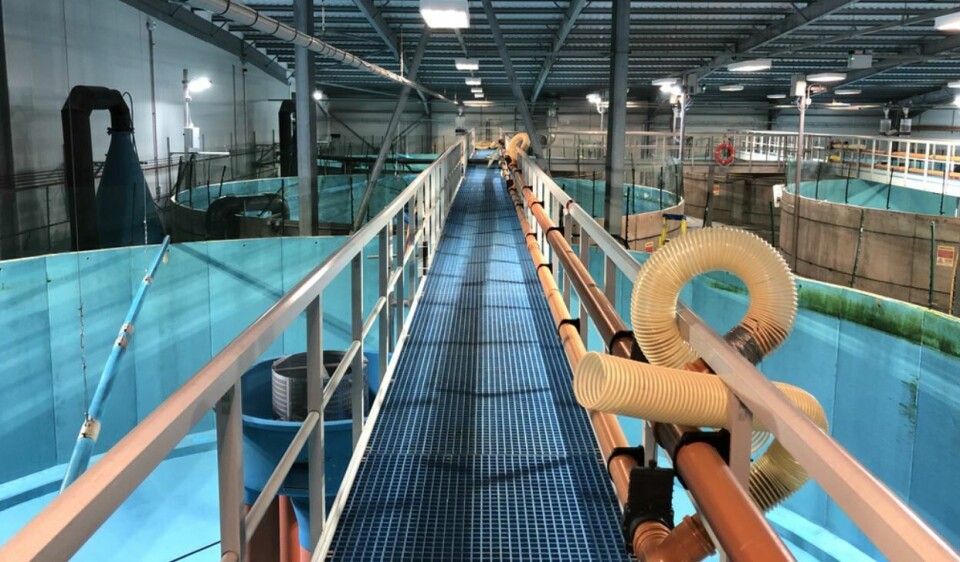
Three-year study launched into smolt health in RAS
Aquaculture experts at the University of Stirling are leading a £2 million study that aims to provide important information on the impact of innovative farming technologies on salmon.
Salmon farmers Mowi, the Scottish Salmon Company (SSC), Scottish Sea Farms (SSF), Cooke and Grieg are also involved.
Professor Herve Migaud, of Stirling’s Institute of Aquaculture, is principal investigator on the project, which is funded by the Biotechnology and Biological Sciences Research Council and the Natural Environment Research Council under the UK Aquaculture Initiative, and the Scottish Aquaculture Innovation Centre (SAIC).
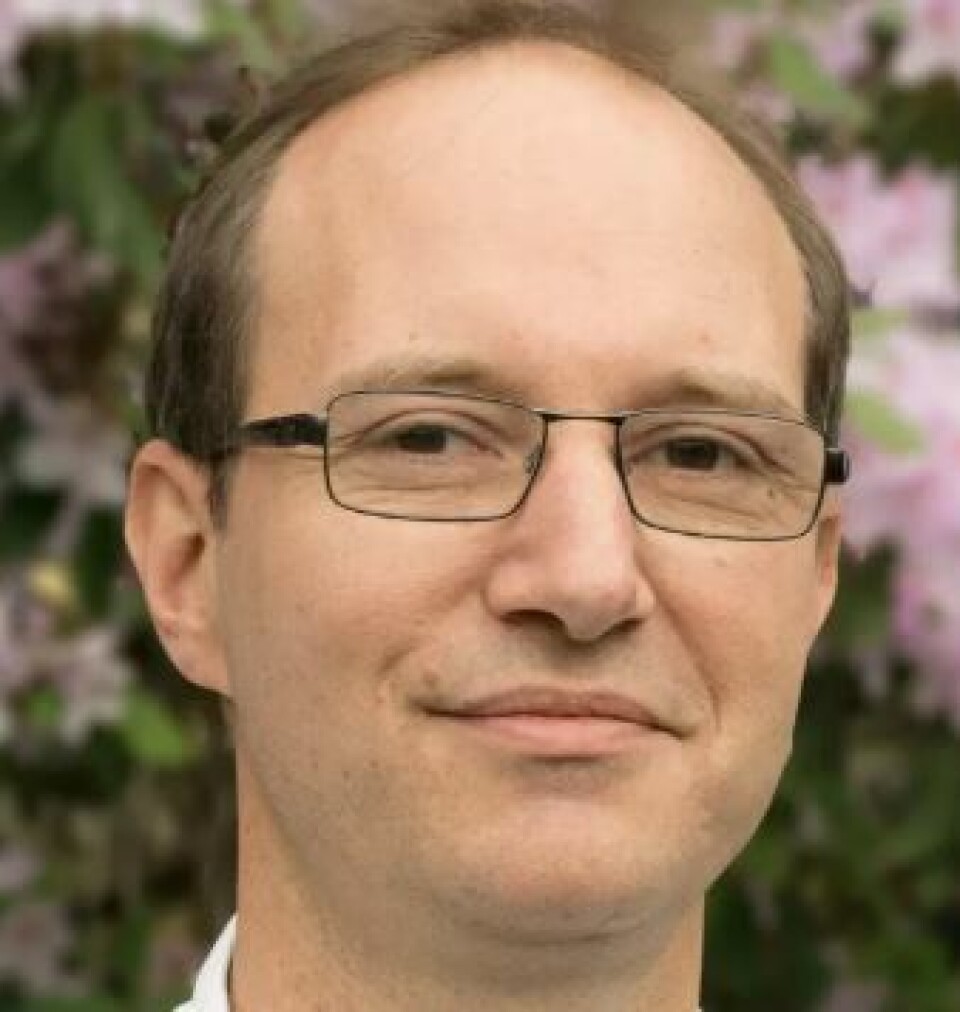
Clear advantages
He said: “The rapid global expansion of the salmon industry has been made possible through the adoption of new farming technologies – including contained systems such as RAS – and husbandry regimes.
“These systems have clear advantages over land-based flow through and freshwater loch systems, and young salmon produced in RAS under manipulated regimes – such as constant temperature and light – reach larger sizes and can be transferred to sea water earlier than ever before.
“However, our knowledge of the impacts these new rearing systems have on salmon physiology is very limited. The impact of differing microbiota, water chemistry, altered photo-thermal regimes on fish disease resistance at sea, immune function and microbiome have not been characterised and these may explain the variable performance observed in farmed stocks.
Ambitious and innovative
“This project is ambitious, innovative and collaborative with a great team of international renowned academics leading in their respective research areas and world-leading industrial partners involved in salmon farming. It is a great pleasure to lead such a great team and contribute to deliver top science with direct impact.”
Over the next three years, the consortium will aim to provide new knowledge and scientific tools to monitor and enhance farming system efficiency and reliability, fish robustness and health, and sector productivity and sustainability.
The consortium includes the Universities of Aberdeen, Exeter and Edinburgh; the Centre for Environment Fisheries and Aquaculture Science (Cefas); Mowi; SSC; SSF; Cooke Aquaculture Scotland; Grieg Seafood, BioMar; Pharmaq; SAIC; and the Scottish Salmon Producers’ Organisation (SSPO).










































